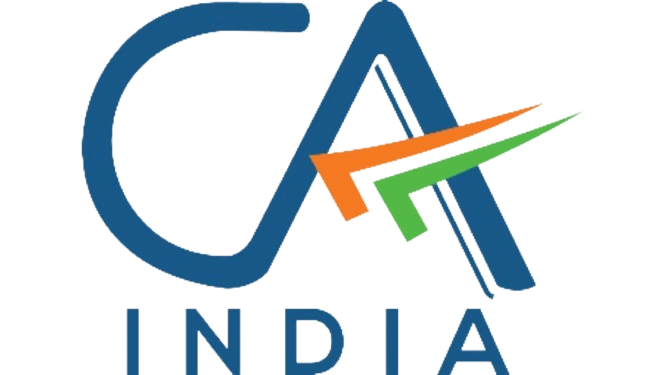Vouchers have been a focal point of discussion in
the trade and industry, raising critical questions about their GST
implications. Common concerns include whether transactions in vouchers qualify
as a supply of goods or services, the GST applicability on voucher trading by
distributors, and the taxation of unredeemed vouchers (breakage). Diverging
views among field formations have led to ambiguity and litigation,
necessitating a detailed clarification from the Board under Section 168(1) of
the CGST Act, 2017.
Key Issues and Clarifications
1. Are Transactions in Vouchers a
Supply of Goods or Services?
Under the CGST Act, vouchers are defined as
instruments creating an obligation to accept them as consideration for goods or
services. They may also qualify as pre-paid instruments regulated by the RBI.
Based on legal provisions:
- When
Vouchers Are Pre-Paid Instruments Recognized by RBI:
These are considered "money," which is excluded from the definitions of goods and services. Hence, transactions involving such vouchers are neither a supply of goods nor services and are not taxable under GST. - When
Vouchers Are Not Recognized as Money:
In such cases, vouchers represent actionable claims. Per Schedule III of the CGST Act, actionable claims (excluding specified actionable claims like betting or gambling) are not treated as a supply of goods or services. Thus, these transactions are also not taxable.
However, the underlying supply of goods or services
redeemed through vouchers remains taxable.
2. GST Treatment for Voucher
Distribution Models
a. Principal-to-Principal (P2P)
Model:
Distributors purchase vouchers from issuers at a
discount and sell them, earning a trading margin. Since transactions in vouchers
do not qualify as goods or services, trading them is not taxable under GST.
b. Commission-Based Model:
Here, distributors act as agents, earning
commissions for marketing and distributing vouchers. GST is applicable on the
commission earned as it constitutes a supply of services.
3. GST on Additional Services
Services like advertising, co-branding, marketing,
and customer support provided by distributors or other service providers to
voucher issuers are taxable under GST. The applicable rate depends on the
nature of the services rendered.
Conclusion
The clarifications provided aim to resolve
ambiguities and ensure uniformity in GST implementation. While vouchers as
instruments are not directly taxable, the supply of goods/services they
represent, and additional services rendered in connection with their
distribution, attract GST.
For businesses dealing with vouchers, understanding
these nuances is essential to ensure compliance and avoid litigation. Stay
informed to leverage these clarifications effectively.



